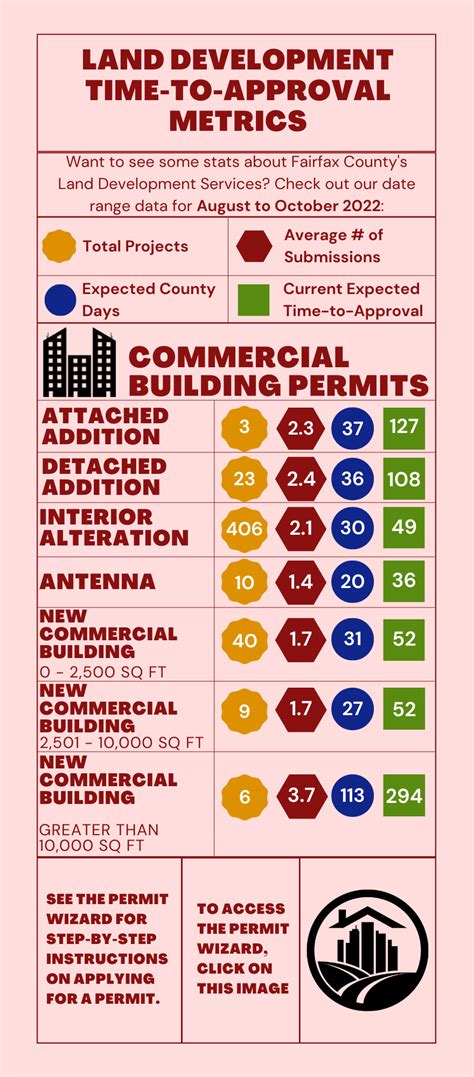The Truth About Permit Approval Times: A Comprehensive Guide
Navigating the world of permits can feel like traversing a maze. Uncertainty about approval times often tops the list of frustrations for homeowners, contractors, and businesses alike. This comprehensive guide delves into the realities of permit approval times, exploring the factors that influence the process and offering strategies to navigate it more efficiently.
What Influences Permit Approval Times?
The timeframe for permit approval is rarely a fixed number. Many variables contribute to the length of the process, making it difficult to offer a definitive answer to the question, "How long does it take to get a permit approved?" Let's break down the key factors:
1. Type of Project:
The complexity of your project significantly impacts processing time. A simple shed permit might take a few days, while a large-scale commercial development could take months, even years. Simple repairs usually have faster turnaround times than new constructions or significant renovations.
2. Local Jurisdiction:
Permitting processes vary drastically depending on your location. Some municipalities have streamlined systems and dedicated staff, leading to quicker approvals. Others may be understaffed, have complex regulations, or experience high application volumes, leading to significant delays. Research your local building department's reputation and typical processing times before starting your project.
3. Completeness and Accuracy of Application:
A complete and accurate application is crucial for fast processing. Missing information, incorrect forms, or unclear plans will inevitably lead to delays as the building department requests clarifications. Invest time in thoroughly preparing your application to avoid this bottleneck.
4. Project Compliance with Codes and Regulations:
Your project must adhere to all building codes, zoning regulations, and environmental guidelines. If your plans require revisions due to non-compliance, the approval process will be significantly prolonged. Consult with architects and engineers early in the design phase to ensure compliance.
5. Staffing and Workload of the Building Department:
The building department's capacity directly impacts processing speed. High application volumes, staff shortages, or seasonal fluctuations can lead to longer wait times. Understanding the department's current workload can help manage expectations.
How Long Does it Typically Take to Get a Building Permit?
This is the million-dollar question, and unfortunately, there's no single answer. Anecdotal evidence suggests that simple projects can be approved within a few days to a few weeks. More complex projects, however, can easily take several months, or even longer in some cases.
What Can You Do to Speed Up the Process?
While you can't control all aspects of the permitting process, you can take proactive steps to streamline it:
- Thoroughly research your local building codes and regulations: Familiarize yourself with the requirements before submitting your application.
- Prepare a complete and accurate application: Ensure all necessary documents, plans, and forms are included and correctly filled out.
- Hire a qualified professional: Architects, engineers, and contractors experienced with local permitting processes can significantly expedite the procedure.
- Maintain open communication with the building department: Regularly check the status of your application and promptly respond to any requests for additional information.
- Be prepared for revisions: Your plans might require adjustments to meet code requirements. Anticipating this and addressing it promptly will save time.
What Happens If My Permit is Rejected?
Rejection can occur due to incomplete applications, non-compliance with codes, or other issues. If this happens, review the reasons for rejection, make the necessary corrections, and resubmit your application. This process might take additional time, emphasizing the importance of thorough preparation upfront.
Conclusion:
The truth about permit approval times is that it's highly variable. Understanding the factors that influence the process, combined with proactive planning and communication, can significantly improve your chances of a timely approval. Remember, preparation is key to navigating this often challenging aspect of construction and development projects.

